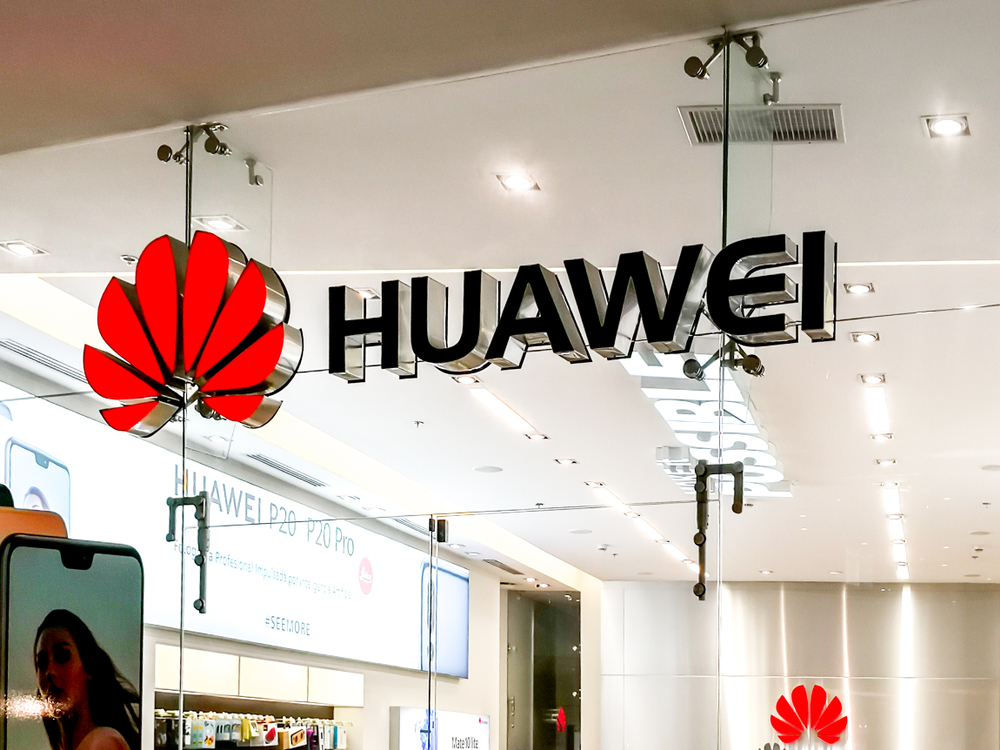Huawei offers six-figure salaries in a bid to poach international students
Recruitment drive will see 20-30 PhD students earn up to £234k per year


Chinese telecoms giant Huawei is hiring dozens of highly-talented students from across the world, in roles paying as much as 250,000 per year, in order to stock its internal divisions with emerging talent.
Between 20 and 30 exceptional 'juveniles' will join the company's ranks before the end of 2019, according to Chinese publication Sina.
They will be set high-level challenges to complement annual salaries that stretch up to 2.01 million Chinese Yuan (approximately 234,315 per annum).
The multi-million-pound talent investment comes as Huawei aims to prepare for "the future technology and business war", according to a letter published by the company, suggesting the company is keen to secure talent amid rising tensions between Chinese firms and Western nations.
An initial batch of eight PhD students has already been integrated into the programme, including two that have written doctoral dissertations on deep neural network structures and robotics respectively.
While these new recruits are all Chinese nationals, further hires are expected before the end of the year from other parts of the world. The company will subsequently increase the number of young workers it recruits year-by-year dependent on the needs of its internal divisions.
Huawei has been one of the key lynchpins in the ongoing trade dispute between the US and China, with the telecoms giant facing an outright trade ban not just in America, but in allied European countries like the UK and Germany.
Get the ITPro daily newsletter
Sign up today and you will receive a free copy of our Future Focus 2025 report - the leading guidance on AI, cybersecurity and other IT challenges as per 700+ senior executives
Being put onto a trade blacklist has also had a significant knock-on effect on global supply chains, with Cardiff-based chipmaker, for example, slashing its latest revenue forecasts by up to 35 million last month.
In light of these ongoing disputes, the company has been taking steps to be more self-sustaining. For instance, Huawei previously relied heavily on US suppliers to provide semiconductors for its hardware products. In light of high tariffs and trade restrictions, however, the firm has moved to strengthen its own semiconductor business.

Keumars Afifi-Sabet is a writer and editor that specialises in public sector, cyber security, and cloud computing. He first joined ITPro as a staff writer in April 2018 and eventually became its Features Editor. Although a regular contributor to other tech sites in the past, these days you will find Keumars on LiveScience, where he runs its Technology section.
-
 Meta just revived plans to train AI models using European user data
Meta just revived plans to train AI models using European user dataNews Meta has confirmed plans to train AI models using European users’ public content and conversations with its Meta AI chatbot.
By Nicole Kobie
-
 AI is helping bad bots take over the internet
AI is helping bad bots take over the internetNews Automated bot traffic has surpassed human activity for the first time in a decade, according to Imperva
By Bobby Hellard